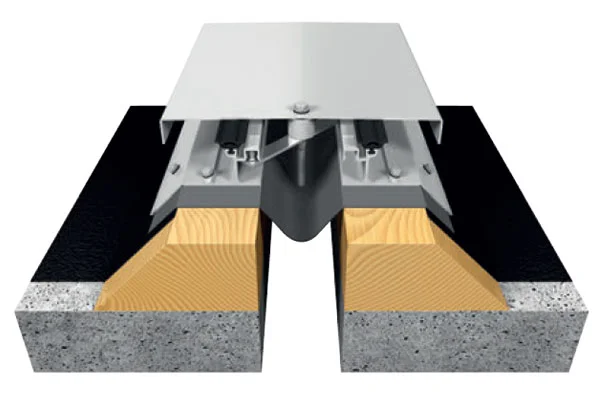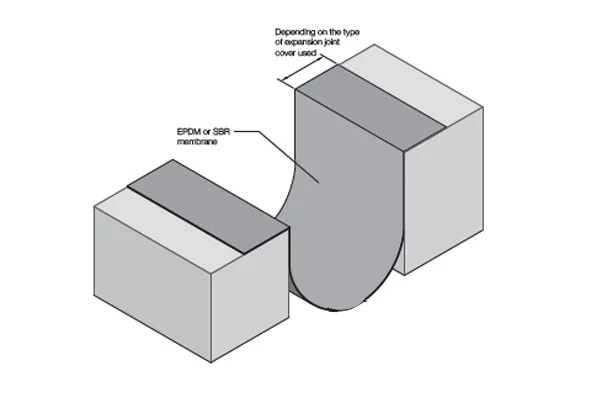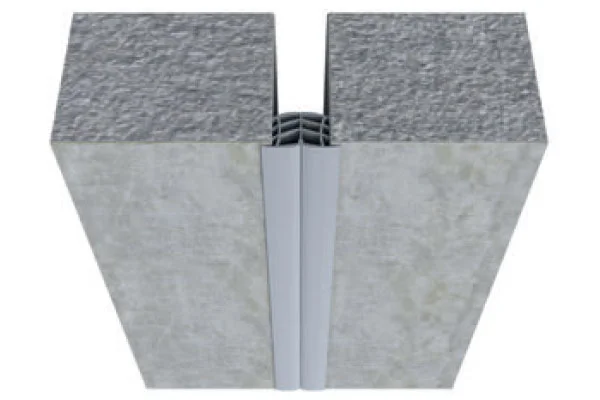A Type 12 Surface-to-Ship Missile is launched by the Second Artillery Brigade of the Japan Ground Self-Defense Force at Beecroft Weapons Range near Jervis Bay, Australia, on July 22, 2025, as part of Talisman Sabre, a biennial joint exercise involving 19 nations and 35,000 military personnel. Photo: VCG
According to Japanese media, Japan is planning to deploy missiles that can allegedly cover some parts of the Chinese mainland coast and the island of Taiwan this year. A Chinese expert said on Sunday that the deployment, which exposes Japan’s military expansion ambitions, will only become a burden to its own security.
The Camp Kengun of Japan’s Ground Self-Defense Force in Japan’s southwestern Kumamoto Prefecture will be equipped with an upgraded version of the Type 12 long-range anti-ship missile this year. In a move claimed to “counter China’s increasing maritime movements,” the Japanese Defense Ministry is boosting the defense of southwestern islands, with additional missiles to be deployed in other locations in the coming years, Japanese media outlet Yomiuri reported on Saturday.
While previous land-based anti-ship missiles used by the Ground Self-Defense Force only have ranges of some hundred kilometers, the new missile will have a range exceeding 1,000 kilometers, making it capable of covering some parts of the Chinese mainland coast and the island of Taiwan when deployed in Kyushu, the Yomiuri report claimed.
The report also hyped that the Japanese Defense Ministry and Self-Defense Force are accelerating the missile deployment that was originally planned for 2026 citing a so-called potential “Taiwan emergency.”
Wang Yunfei, a Chinese military affairs expert, told the Global Times on Sunday that the deployment of the upgraded version of the Type 12 missile would mark another breakaway of Japan from its pacifist constitution and exclusive defense-oriented principle, exposing Japan’s ambition of military expansion.
This year marks the 80th anniversary of the victory in the Chinese People’s War of Resistance against Japanese Aggression and the World Anti-Fascist War, but the deployment of the new missile exposed that Japan has not deeply reflected on the huge damage caused by its history of aggression during World War II, and is actually risking repeating the mistakes, Wang said.
The survivability of the Type 12 missile is limited if it is to be used against China or if Japan attempts to interfere in the Taiwan question. From a tactical point of view, while the missile would provide Japan with a means to attack, it would also become a security burden for Japan from a strategic point of view, Wang said, urging the Japanese right-wing force to pay attention to China’s upcoming V-Day military parade, through which China is expected to display its capabilities to defend the post-war international order and safeguard peace and stability.
There are also concerns about the missile deployment among the Japanese locals. Okinawa Governor Denny Tamaki expressed opposition when he met with Japan’s Chief Cabinet Secretary Yoshimasa Hayashi in the prefecture in March, saying, “If [the missiles] are deployed, it is expected that the risk of becoming a target of attack will increase, and it will not be understood by the people of the prefecture,” according to the Yomiuri report.
In response to Japan’s long-range missile development, Zhang Xiaogang, a spokesperson at China’s Ministry of National Defense, said in March that in recent years, Japan has continuously defied the constraints of its pacifist constitution and pursued a path of military expansion. This is dangerous and does not win people’s hearts.
History is a vivid lesson: Japanese militarism inflicted untold suffering on the people of Japan, Asia, and the world. This year marks the 80th anniversary of the victory in the Chinese People’s War of Resistance against Japanese Aggression and the World Anti-Fascist War. We urge Japan to draw profound lessons from history, exercise prudence in its words and deeds in the field of military security, and contribute more to regional peace and stability, earning the trust of its Asian neighbors and the international community through concrete actions, Zhang said.







